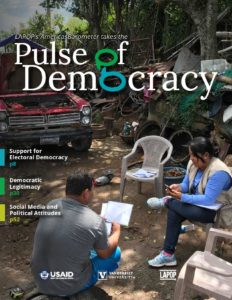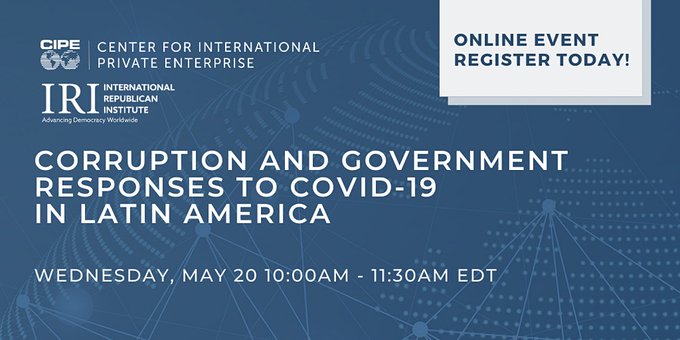 Why did Argentina, Brazil and Mexico react so differently to COVID-19? Responses to this question are usually limited to whether their presidents – Alberto Fernández, Jair Bolsonaro and Andrés Manuel López Obrador, respectively – recognize the scientific facts and support ambitious measures to fight the pandemic and mitigate its economic impact. However, the divergence between Latin America’s three largest federations has also been fundamentally driven by deeper institutional dynamics, say analysts Agustina Giraudy, Jennifer Pribble and Sara Niedzwiecki.
Why did Argentina, Brazil and Mexico react so differently to COVID-19? Responses to this question are usually limited to whether their presidents – Alberto Fernández, Jair Bolsonaro and Andrés Manuel López Obrador, respectively – recognize the scientific facts and support ambitious measures to fight the pandemic and mitigate its economic impact. However, the divergence between Latin America’s three largest federations has also been fundamentally driven by deeper institutional dynamics, say analysts Agustina Giraudy, Jennifer Pribble and Sara Niedzwiecki.
Political science research can offer some clues to understand these developments, particularly when looking at three critical areas: political party identification, the relative power of governors vis-à-vis presidents, and welfare states, they write for Americas Quarterly:
Among the three countries, Argentina has offered the most rapid and comprehensive response to the virus, with a mandatory, nation-wide lockdown and travel ban, coupled with a generous social policy package for low-income workers and the informal sector. Brazil’s Bolsonaro exhibits one of the worst responses in the region in terms of lockdown measures. Yet the Brazilian Congress has passed a broad social policy package and increased the capacity of the health system. In Mexico, by contrast, AMLO has offered the least comprehensive response, with an absence of mandatory lockdown measures and an extremely limited plan to protect the low-income and informal sectors of society.
 The Wilson Center’s Mexico Institute hosts a webcast of the Latin American Public Opinion Project (LAPOP)’s latest report on Mexico, “Political Culture of Democracy in Mexico and the Americas 2018/19: Taking the Pulse of Democracy.” The report analyzes the results of the AmericasBarometer’s hemispheric survey project covering more than 20 countries. Presenters will discuss the main findings of the report, focused on: support for democracy, democratic legitimacy, social networks and political attitudes, support for military and executive coups, and the impact of crime on democracy.
The Wilson Center’s Mexico Institute hosts a webcast of the Latin American Public Opinion Project (LAPOP)’s latest report on Mexico, “Political Culture of Democracy in Mexico and the Americas 2018/19: Taking the Pulse of Democracy.” The report analyzes the results of the AmericasBarometer’s hemispheric survey project covering more than 20 countries. Presenters will discuss the main findings of the report, focused on: support for democracy, democratic legitimacy, social networks and political attitudes, support for military and executive coups, and the impact of crime on democracy.
Speakers: Pablo Paras, founder and president of Data OPM; Elizabeth Zechmeister, director of the Latin American Public Opinion Project; Vidal Romero, co-director of the ITAM Center for the Study of Security, Intelligence and Governance; and Duncan Wood, director of the WWC Mexico Institute. 3 p.m. May 18, 2020. RSVP
This Wednesday, National Endowment for Democracy (NED) core institute @CIPEglobal‘s partners @mexevalua and @CIPPEC, along with @IRI_es, will host a virtual discussion on corruption and government responses to #COVID19 in #LatinAmerica.@CIPE_ACGC @cipe_lac








